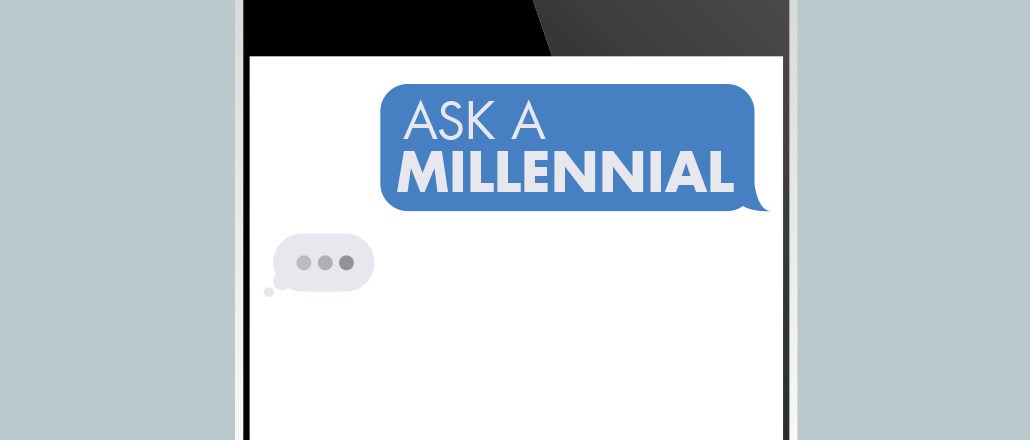Secure your place at the Digiday Publishing Summit in Vail, March 23-25

This is Ask a Millennial, where we ask our focus group of under-30 agency and brand employees one question anonymously in exchange for candor.
With retention becoming a problem at agencies and an influx of young people entering the industry, shops are trying hard to make sure they feel part of the fold. One common response has been mentorship and coaching programs to help younger employees plan their careers and track their growth.
We asked millennials what they think of mentorship programs. Answers have been edited for clarity.
Male, 25, creative
Mentorship at agencies sucks, but super-contrived, forced mentorship programs suck even more. The problem is mentors who aren’t really mentors and don’t want to be. Agencies shouldn’t force every person with X years of experience to do it. Instead, they should identify people who’ve set an example and are patient enough to share their learnings with others. The other problem with mentorship programs is that it’s always a higher-up person mentoring a more junior person about career progression. Mentorship can go up, down and in any direction. It can also be about more than career trajectory. For example, somebody who’s an awesome stand-up comic can “mentor” their co-workers of all levels in the art of telling a joke, telling a story or building rapport with an audience. Agencies can take advantage of those unique skills by expanding the definition of mentorship to include that sort of learning opportunity.
Female, 23, design
Everyone says they have mentorship programs, but in fact these programs are all for show and have produced nothing of substance. As a young employee, I want to feel coached by older people and have some sense of how I can grow and help them. More often than not, “mentorship” sessions devolve into gossip sessions. And rarely, if ever, do my mentors have time for me. I wish executives would hold the mentors accountable.
Male, 27, strategy
Because we work in an industry that’s very young, there are often times where your boss is only a few years older than you. That can take away from the mentor-mentee relationship, but I think agencies (for the most part) are pretty mindful of this. The “check-ins” and “touch-bases” are made fun of industry-wide, but I think they offer an opportunity to reflect on work you’ve done and what’s upcoming in the future.
The best way to improve this structure is to give the mentee a more quantifiable goal throughout the year. It gives us something to work toward and helps us feel as though we’re able to see our growth when we look back on the year. Buddy systems are nice, but I’ve found them to be a little clique-y. The biggest mistake I see is that people feel as though they don’t have enough “time” to stop and show people how to do things.
Female, 28, account
I think the biggest miss in agency mentor programs is when agencies pair a mentor and mentee together at random. It is going to be difficult for someone a 22-year-old digital strategist to relate to a 55-year-old print production manager. The formal mentorship programs end up feeling forced and less productive. I think a big shift could be to pair those who may not have similar job functions but are closer to the same career stage.
Male, 22, strategy
I don’t think anyone would argue that a formal mentorship program is a bad thing, especially in a large agency where younger employees don’t always have easy access to the higher-ups. However, my greatest mentors are people that I’ve met serendipitously, through chance encounters. Agencies can mediate these more organic mentorships by maximizing such chance encounters — open door policies, informal cocktails, cross-pollination of team members on certain projects, etc.
More in Marketing

Why Edward Jones’ agentic AI trial comes with limits
Edward Jones tests agentic AI to drive marketing productivity, taking a measured approach as it stops short of full automation.

Footwear brands navigate uncertainty after latest tariffs flip-flop
Some 99% of footwear sold in the U.S. today is imported, according to the Footwear Distributors and Retailers of America.

Brands at eTail Palm Springs share lessons on the ‘messy middle’ of building AI tools
Here’s a rundown of lessons brands have shared about their AI implementations so far.





